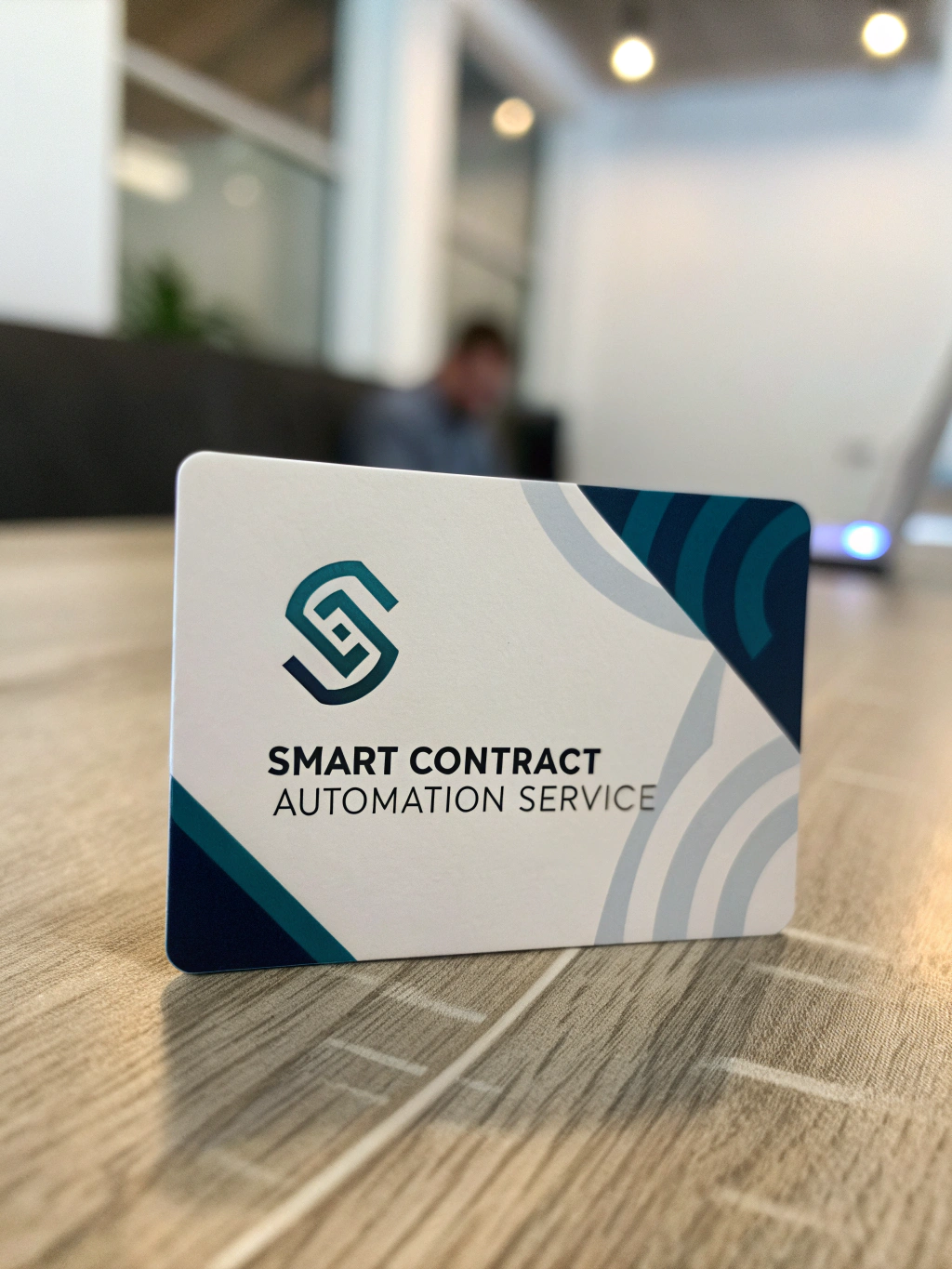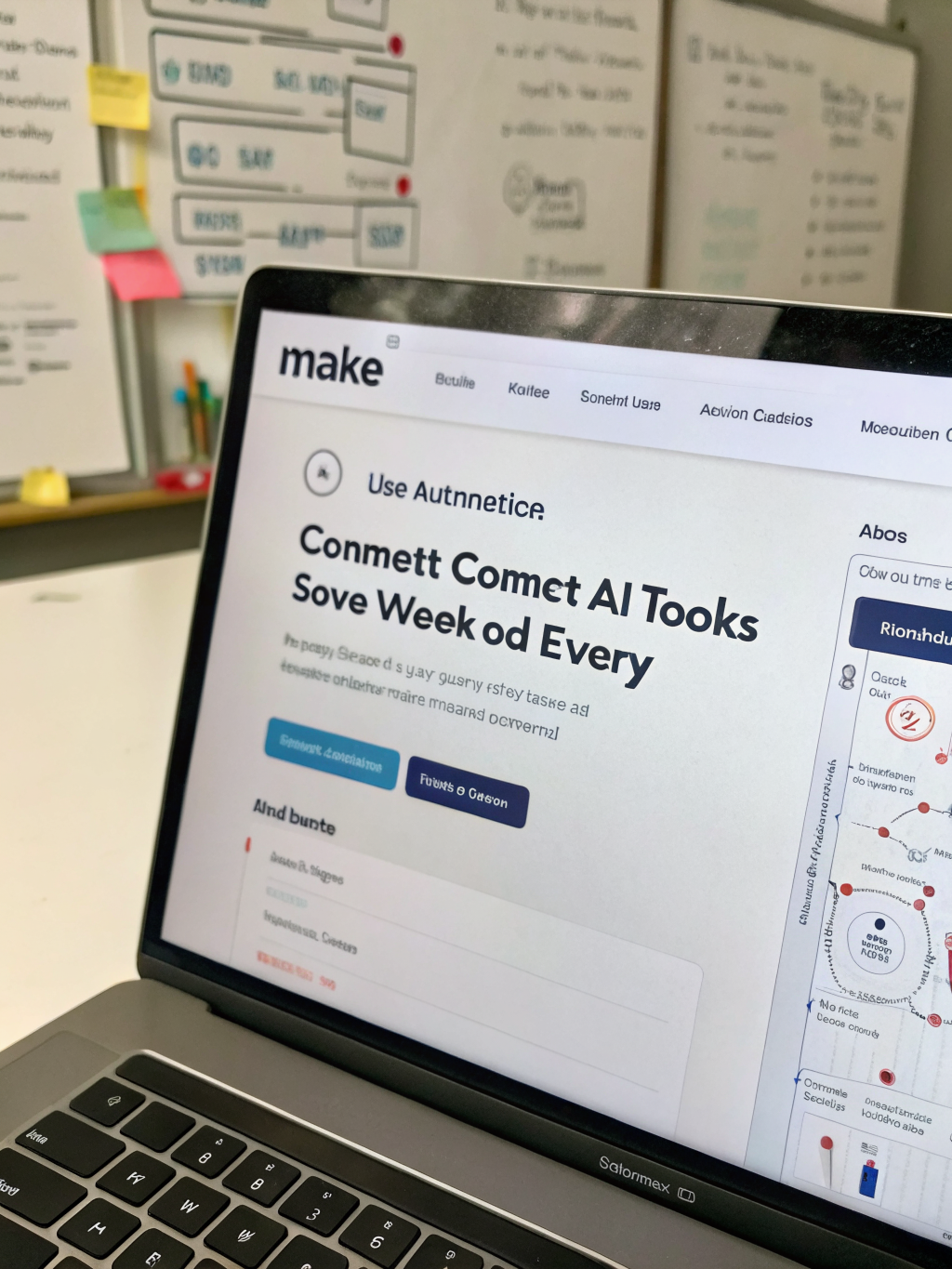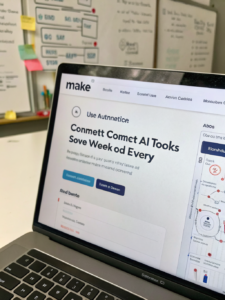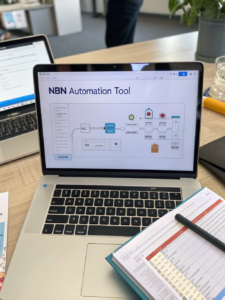Unlock Efficiency: How to Automate Business Processes with Smart Contracts
The Future is Now: Leveraging AI and Smart Contracts for Business Automation The world is changing at warp speed. From volatile crypto markets to the rise of sophisticated AI agents, businesses are facing unprecedented disruption – and opportunity. Navigating this new landscape requires agility, efficiency, and a willingness to embrace cutting-edge technologies. One area poised for explosive growth is the smart contract automation business. This isn’t just a futuristic concept; it’s a present-day necessity for companies seeking to streamline operations, reduce costs, and gain a competitive edge. This blog post will delve into how integrating AI, smart contract technology, and automation strategies can transform your business, exploring its applications in finance, supply chain, and beyond. And it will show how to master contract lifecycle management to fully leverage the power of this paradigm shift. What is Smart Contract Automation and Why is it a Game Changer? At its core, smart contract automation uses self-executing contracts written in code to automate business processes. These contracts are stored on a blockchain, ensuring transparency, security, and immutability. Think of them as digital agreements that automatically trigger actions when pre-defined conditions are met. The potential benefits are vast: Reduced Costs: Automation eliminates manual tasks, reducing labor costs and minimizing errors. Increased Efficiency: Automated processes happen faster and more reliably than traditional methods. Enhanced Transparency: Blockchain provides an immutable record of all transactions, fostering trust and accountability. Improved Security: Blockchain’s cryptographic security makes smart contracts resistant to tampering and fraud. Faster Settlements: Automated payments and transactions accelerate cash flow. The applications of smart contract automation are wide-ranging, touching nearly every industry. From streamlining financial transactions to automating supply chain processes, the possibilities are limited only by imagination. Companies are increasingly using it to manage contract lifecycle management workflows, from drafting and negotiation to execution and monitoring. Key Technologies Powering the Smart Contract Automation Revolution Several key technologies are fueling the growth of the smart contract automation business: Blockchain Technology: The foundation of smart contracts, providing a secure and transparent ledger. Ethereum is the most popular blockchain for smart contracts, but others like Solana, Cardano, and Polkadot are gaining traction. Artificial Intelligence (AI) & AI Agents: AI is being integrated to make smart contracts more intelligent and adaptable. AI agents can analyze data, identify risks, and automatically adjust contract terms based on real-time conditions. This opens up possibilities for dynamic pricing, personalized terms, and predictive risk mitigation. Automation Platforms: These platforms provide the infrastructure and tools needed to develop, deploy, and manage smart contracts. Some popular platforms include Chainlink, OpenZeppelin, and Tally. API Integration: Integrating smart contracts with existing business systems via APIs allows for seamless data flow and improved workflow management. The convergence of these technologies is creating a powerful synergy, unlocking new levels of efficiency and innovation. Applications Across Industries: Real-World Examples The impact of smart contract automation is already being felt across various sectors: Finance: Decentralized Finance (DeFi) applications rely heavily on smart contracts for lending, borrowing, and trading. Automated payments, escrow services, and insurance claims processing are also benefiting from this technology. Supply Chain Management: Smart contracts can automate payments upon delivery of goods, track inventory in real-time, and verify the authenticity of products. This dramatically improves supply chain visibility and reduces fraud. Integrating this with contract lifecycle management solutions optimizes the entire process. Real Estate: Smart contracts can streamline property transactions, automate rent payments, and manage lease agreements. Healthcare: Securely manage patient data, automate insurance claims, and ensure compliance with regulations. Intellectual Property: Protect digital assets and automate royalty payments. Industry Application Benefit Finance Automated Loan Servicing Reduced operational costs, faster loan processing Supply Chain Automated Payment on Delivery Improved cash flow, reduced disputes Real Estate Smart Lease Agreements Streamlined rental process, automated rent collection Healthcare Secure Patient Data Management Enhanced data privacy, improved regulatory compliance Intellectual Property Automated Royalty Distribution Fair and transparent royalty payments, reduced administrative overhead Navigating the Challenges and Future Outlook While the potential of smart contract automation business is immense, there are also challenges to consider: Security Risks: Smart contracts are vulnerable to bugs and exploits. Rigorous auditing and security testing are crucial. Regulatory Uncertainty: The legal and regulatory landscape surrounding smart contracts is still evolving. Scalability Issues: Some blockchain networks struggle to handle high transaction volumes. Complexity: Developing and deploying smart contracts requires specialized expertise. Despite these challenges, the future of smart contract automation is exceptionally bright. As AI and blockchain technology continue to mature, we can expect to see even more innovative applications emerge. Businesses that embrace this technology will be well-positioned to thrive in the rapidly evolving digital economy. Moreover, proactive contract lifecycle management practices will be critical to ensure that smart contracts are effectively deployed and managed, maximizing their benefits. Ready to explore the possibilities of smart contract automation for your business? Contact us today to learn more about how we can help you implement a customized solution. Don’t forget to share this article with your network and let us know your thoughts in the comments below!
Share this content:














Post Comment